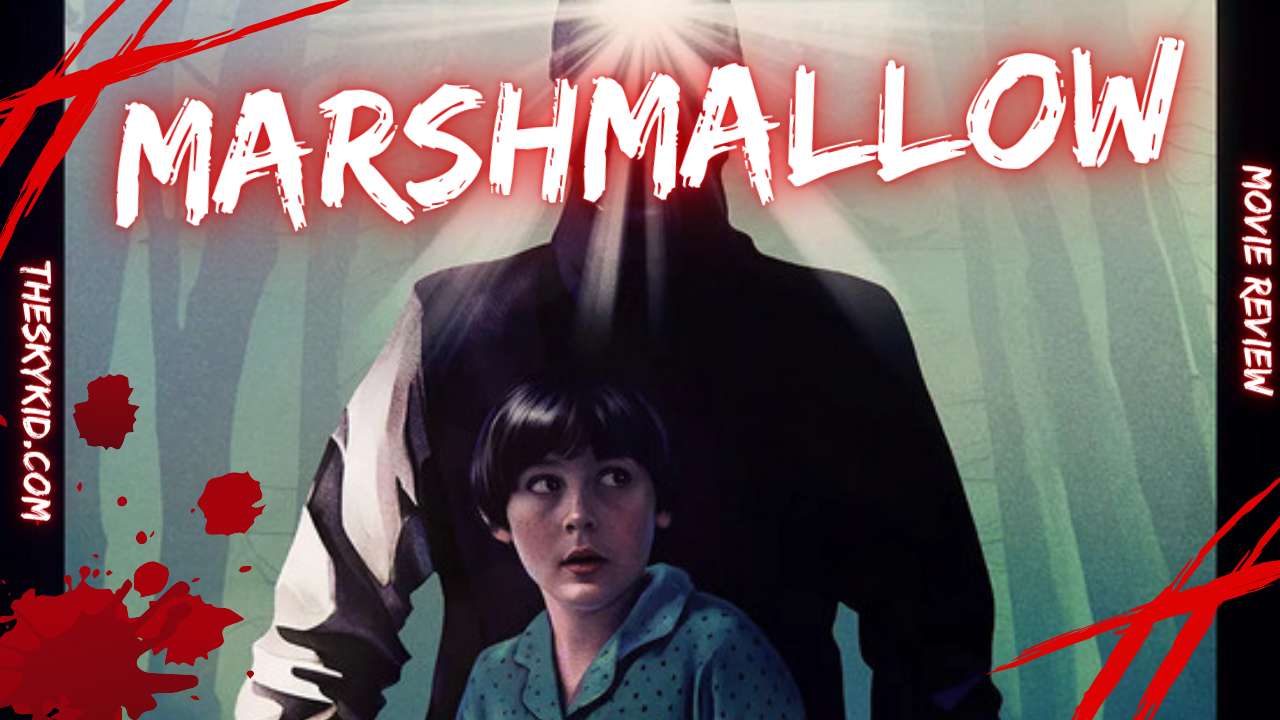 I approached Marshmallow (2025) completely blind—no trailers, no cast list, not even a synopsis. All I had in mind was the hope for a chilling Coming-of-Age horror flick. At first, I was intrigued. The film opens with eerie confidence: a surreal, nightmarish sequence drenched in dripping water, thick shadows, and a haunting score.
I approached Marshmallow (2025) completely blind—no trailers, no cast list, not even a synopsis. All I had in mind was the hope for a chilling Coming-of-Age horror flick. At first, I was intrigued. The film opens with eerie confidence: a surreal, nightmarish sequence drenched in dripping water, thick shadows, and a haunting score.
We meet a boy—soon revealed to be Morgan—framed in claustrophobic close-ups, caught in a world where dreams and reality blur. It feels promising, disturbing, and visually bold.
The sound design stands out early on—subtle, unsettling, textured. But then something happens: the film slows down, moves into more grounded territory, and begins to fumble its way forward.

Morgan, played by Kue Lawrence (an American actor born in 2011 with prior TV experience), becomes our near-constant focal point. He’s a lonely, introverted boy struggling to adjust after moving to a new home. His parents are emotionally distant. His grandfather, by contrast, shows concern and warmth. Other children reject him. The tone shifts from surreal horror to social realism, but the bleakness remains, making the viewing experience feel emotionally flat, even burdensome.

Where Marshmallow falters most is in its middle stretch. Scenes feel under-directed or improvised, with dialogue that lands awkwardly. The once-evocative soundtrack becomes overbearing—even during simple exchanges—distracting more than it enhances. The film begins to lose its footing, and by the one-hour mark, I found myself counting minutes rather than counting on redemption.
But then, unexpectedly, it redeems itself.
The final act delivers clever, well-placed plot twists that reframe what came before and ignite the very imagination that the rest of the film seemed determined to suppress. These twists, which I won’t spoil, add depth to the story and make you reconsider everything you’ve seen. It’s not enough to save the whole experience, but it’s enough to leave you with something.
Oddly, this should have been a short film. The premise is strong. The atmosphere works in moments. The ending is inspired. But stretched over a feature runtime, it collapses under its own weight. What could have been a chilling, unforgettable 20-minute story becomes a below-average horror thriller that tries too hard and says too little—until the very end.

